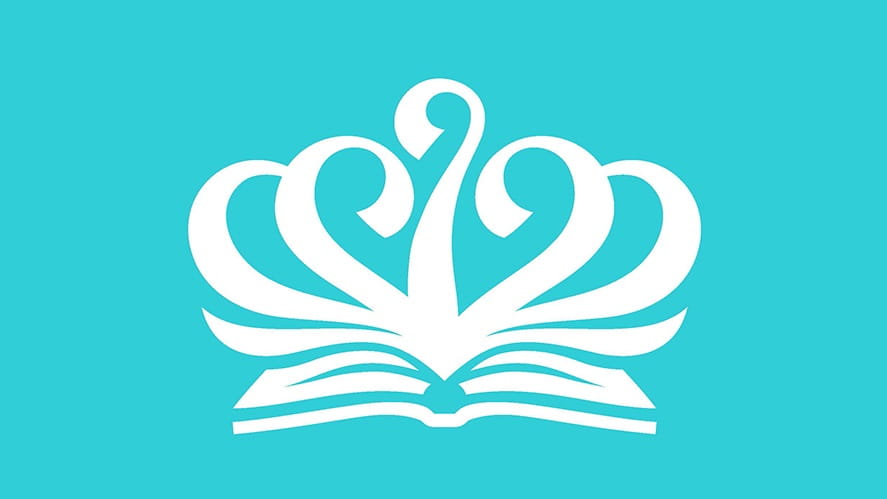We use cookies to improve your online experiences. To learn more and choose your cookies options, please refer to our cookie policy.

Hello everyone, I am Efe Gunes, and I am in the graduating class of 2024. Two years ago, I started my International Baccalaureate (IB) journey here at Swiss International Scientific School of Dubai. I studied the full IB diploma course, taking English A Language and Literature, Psychology and Global Politics as a higher level, and French B, Biology and Mathematics Analytics and Approaches as a standard level. I will be beginning my undergraduate course in University of Sydney in Australia, this July. I want to take you on my university application journey and give tips and advices for the prospective graduating classes.
Choosing the field and the university that you want to study in can be challenging, but exploring areas that you are interested in can help you decide. Your lesson choices also matter, and as they get quite demanding in DP2, I suggest that you plan early. Some universities will also require a personal statement, supplementary essays, or additional tests, and these will require an additional effort, on top of your studies. However, as IB teaches all of us to be principled and effective thinkers, it ends up simply fine in the end. Yes, it does seem like a long road ahead, but it has an end. Moreover, your grades, most of the time from DP1 and DP2, are critical for your application. Starting to study early and keeping your notes and knowledge from your lessons in grade 9 and 10 is crucial. Your knowledge can act as a fundamental basis for your DP journey. If I could go back, I would organize all of my accounts for application portals such as UCAS for UK and CommonApp for US, ahead of time, and keep my notes from my previous studies, as certain topics may overlap.
To pursue my studies, I applied to Australia, the UK and Spain. I was personally interested in both psychology and law, so I applied to different courses in different universities, and even applied for a dual degree in psychology and law, at the University of Sydney. Choosing the universities was like a rollercoaster ride, as the entry requirements were dependent on the course. For example, some universities required chemistry or biology higher level for psychology, which limited my choices. This is my second tip – that is, choose your courses wisely, and research beforehand.
Starting with the UK, I started my personal statement about 5 months before the final deadline. And, although it might seem like I started early, my application finished on January 16th. Personal statement is a fundamental component of UK applications, and they matter a lot. Likewise, my application for Australia required an essay too. My advice is to use your time-management skills critically and remember that it is never too early to start. As always, it is vital to keep up with all the deadlines, and make sure that your application has all the necessary documents needed.
My application for Spain, required me to write a personal essay, take an admissions test, focusing on my analytical and visual skills, a KIRA assessment, with 3 questions and an interview. It was truly a lengthy process. When your application has a lot of stages, I suggest that you keep up with all your deadlines and save the dates on your calendars. Once again, time management matters, and make sure that you make significant use of the guidance and help that is available. Our university and careers counsellor – Ms. Courlander, and all the teachers will help you with your application, and I am glad that we had an opportunity to attend numerous university fairs, and meetings. Nevertheless, it always matters that you use your time efficiently.
As of March 4th, I am officially done with my university application journey. It was a long ride, with many ups and downs, one that many would consider muddling and stressful. But at the end of the day, it turned out excellent. I got offers from my top choices, but I also had plans ready, if something went wrong. That would be the final advice. Get your plan B, C and even D ready, in case plan A goes wrong. Being overprepared would not harm you.
Do not forget. Failure does not stop you. Every time you step down, make sure that you come back up stronger.